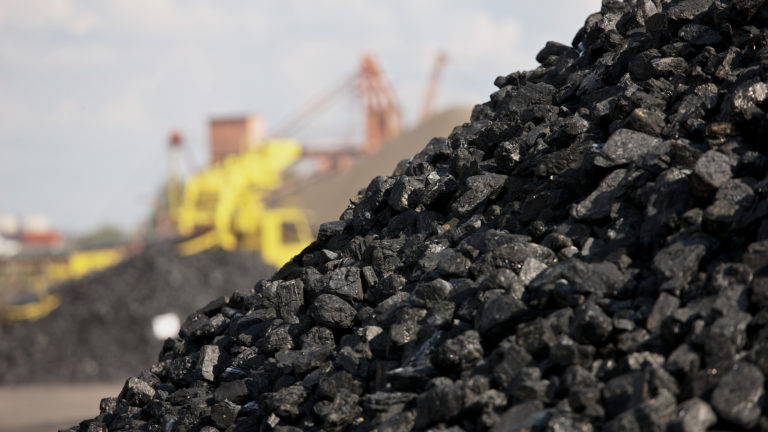The Port of Baltimore is one of the major ports on the East Coast of the U.S., and has historically been a significant point for the export of coal. However, to be able to access the port, ships would have needed to go under the Francis Scott Key Bridge. This is now a problem since the bridge collapsed several weeks ago after a cargo ship collided with it. Now, the Baltimore port risks being backed up, leading investors to look at which coal stocks to sell.
The attractiveness of coal stocks has plummeted over the years. The harmful effects of coal on both the environment, and the people who dig for it, are just some of the reasons coal stocks haven’t assumed greater positions in investors’ portfolios. Personally, I’m not against investing in coal or other non-renewable energy stocks, but these 3 coal stocks are ones to sell now.
CONSOL Energy (CEIX)

CONSOL Energy (NYSE:CEIX) mines and sells bituminous coal in the U.S. and abroad. It operates through two mining segments, Pennsylvania Mining Complex (PAMC) and CONSOL Marine Terminal. The former engages in the mining, preparing and marketing of bituminous coal to power generators, industrial and metallurgical end-users. The PAMC includes three mines in different parts of southwestern Pennsylvania: the Bailey Mine, the Enlow Fork Mine and the Harvey Mine. This mining complex, CONSOL Energy claims, is the largest coal mining complex in North America.
The company’s CONSOL Marine Terminal segment provides coal export terminal services through the Port of Baltimore. In particular, the collapse of the Francis Scott Key bridge has severely impacted this part of the business. Revenue that CONSOL receives from its Marine Terminal amounted to about 5% of revenue in 2023, but a number of its coal contracts are considered complete once they get to the terminal. Considering the way to the terminal is partially blocked, the company’s coal revenues could also be negatively impacted.
Despite trading at 6.6x forward earnings, CONSOL Energy is probably a coal stock to avoid right now.
Arch Resources (ARCH)

Arch Resources (NYSE:ARCH) produces and sells metallurgical products. The company operates several mining complexes in West Virginia, Wyoming and Colorado. In 2023, Arch Resources generated $3.1 billion in revenue. And, $1.8 billion or around 56% of that came from coal shipped overseas. To ship coal across the Atlantic, Arch Resources has to utilize the Baltimore port. Approximately, 70-75% of this seaborne coal goes through the port in Baltimore. Given the incident that happened there, the miner could find itself with a lot of delays.
Furthermore, financial services firms BMO Capital and B. Riley decreased their price target for Arch Resources due to the impact that the bridge would have on coal exports. In particular, BMO Capital decreased their price target to $165 per share from $180. B. Riley decreased their PT less severely from $198 to $193.
Either way, Arch Resources will definitely feel the impact of the bridge collapse, and investors should probably avoid shares in the short term.
Peabody Energy (BTU)

Peabody Energy (NYSE:BTU) has a globally diversified coal mining business with exposure around the globe. The company operates through Seaborne Thermal, Seaborne Metallurgical, Powder River Basin and other U.S. Thermal business segments. Peabody generated $4.9 billion in revenue and$759.6 million in net income in 2023, a lot of which was attributable to seaborne coal.
The U.S. Energy Information Association had previously predicted coal shipments would rise by about 1% in 2024 to 100.8M tons, but now, the agency expects exports to decline by 6% to 94.5M tons following the collapse of the Francis Scott Key Bridge and resulting port closure.
Peabody will be among the coal producers with lower revenue growth, and investors are better off avoiding this stock as share prices performance becomes turbulent.
On the date of publication, Tyrik Torres did not have (either directly or indirectly) any positions in the securities mentioned in this article. The opinions expressed in this article are those of the writer, subject to the InvestorPlace.com Publishing Guidelines.
